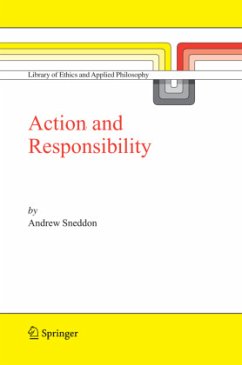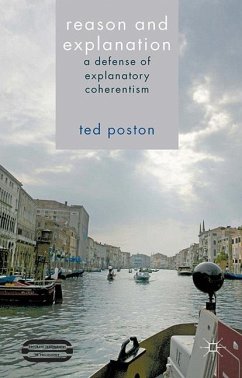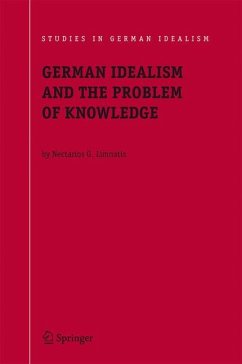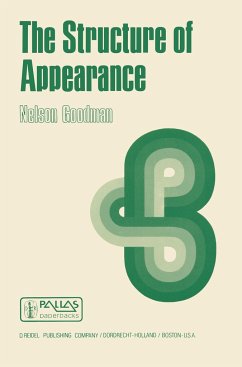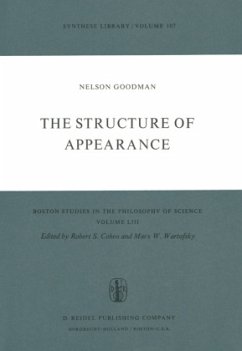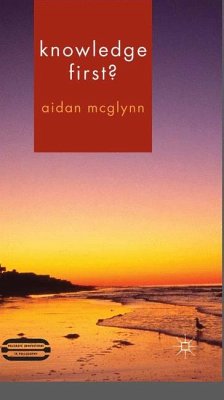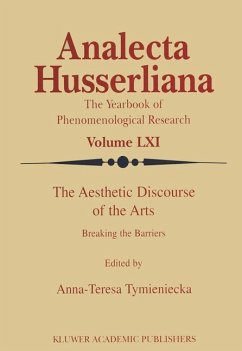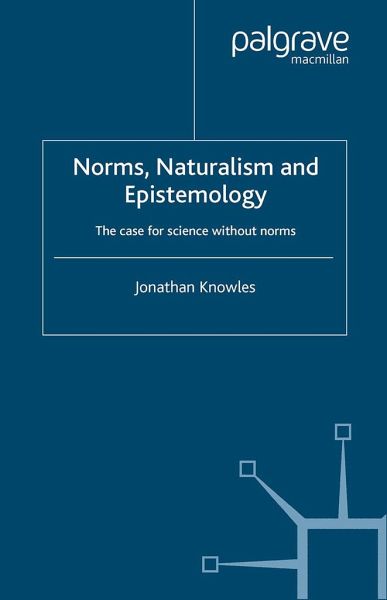
Norms, Naturalism and Epistemology
The Case for Science Without Norms

PAYBACK Punkte
19 °P sammeln!
In the field of epistemology, naturalism holds that there are no a priori norms for guiding our belief-formation: we must start our inquiries in situ , assuming some beliefs and the general reliability of our basic cognitive practices to justify others. Naturalized epistemology seeks to motivate norms for cognitive enquiry on such a naturalistic basis. The author argues that, whilst naturalism must be embraced, this more abmitious project is in vain: to the extent one can justify naturalistic norms, they are not needed for optimal rational belief-formation.





